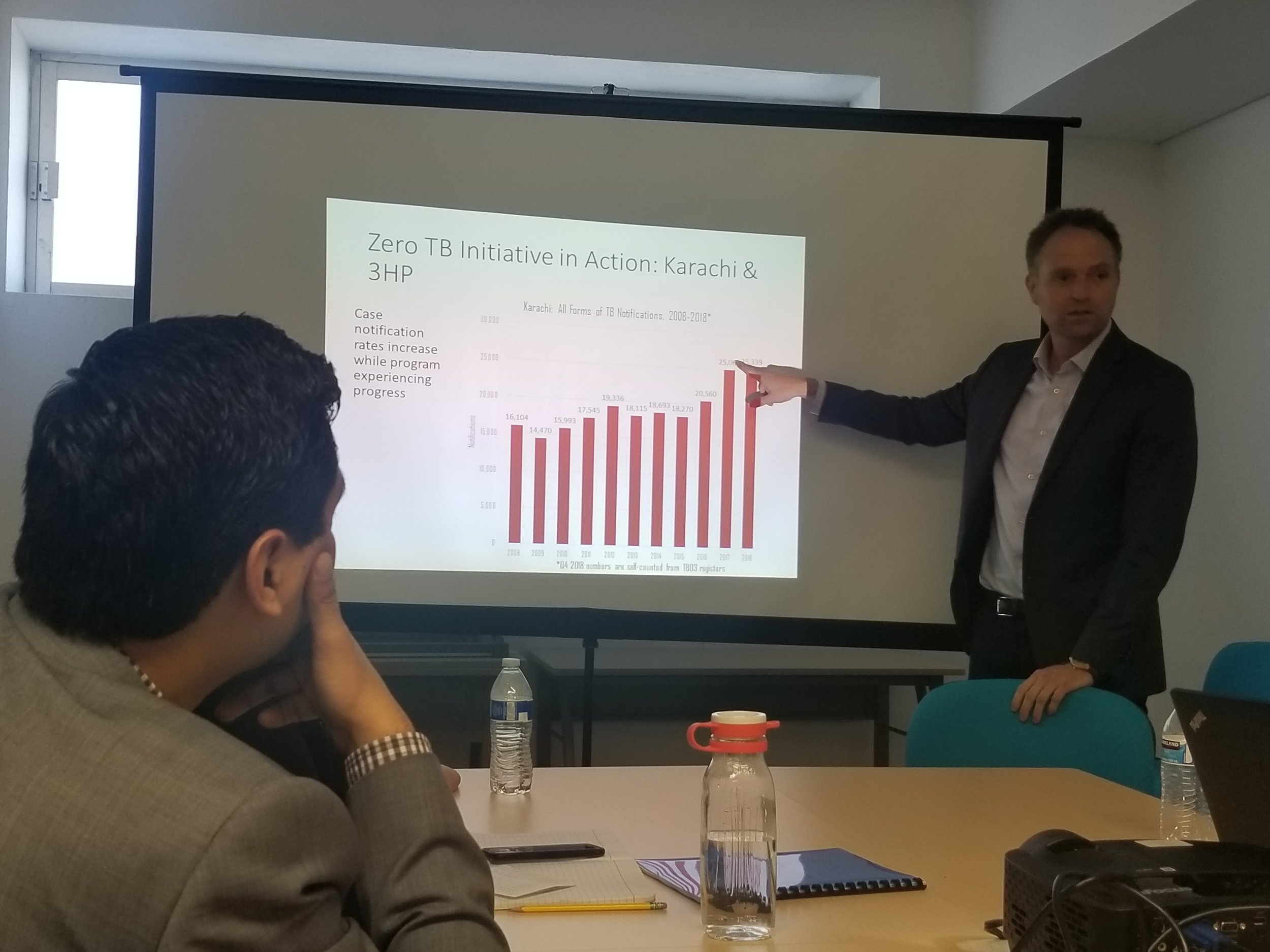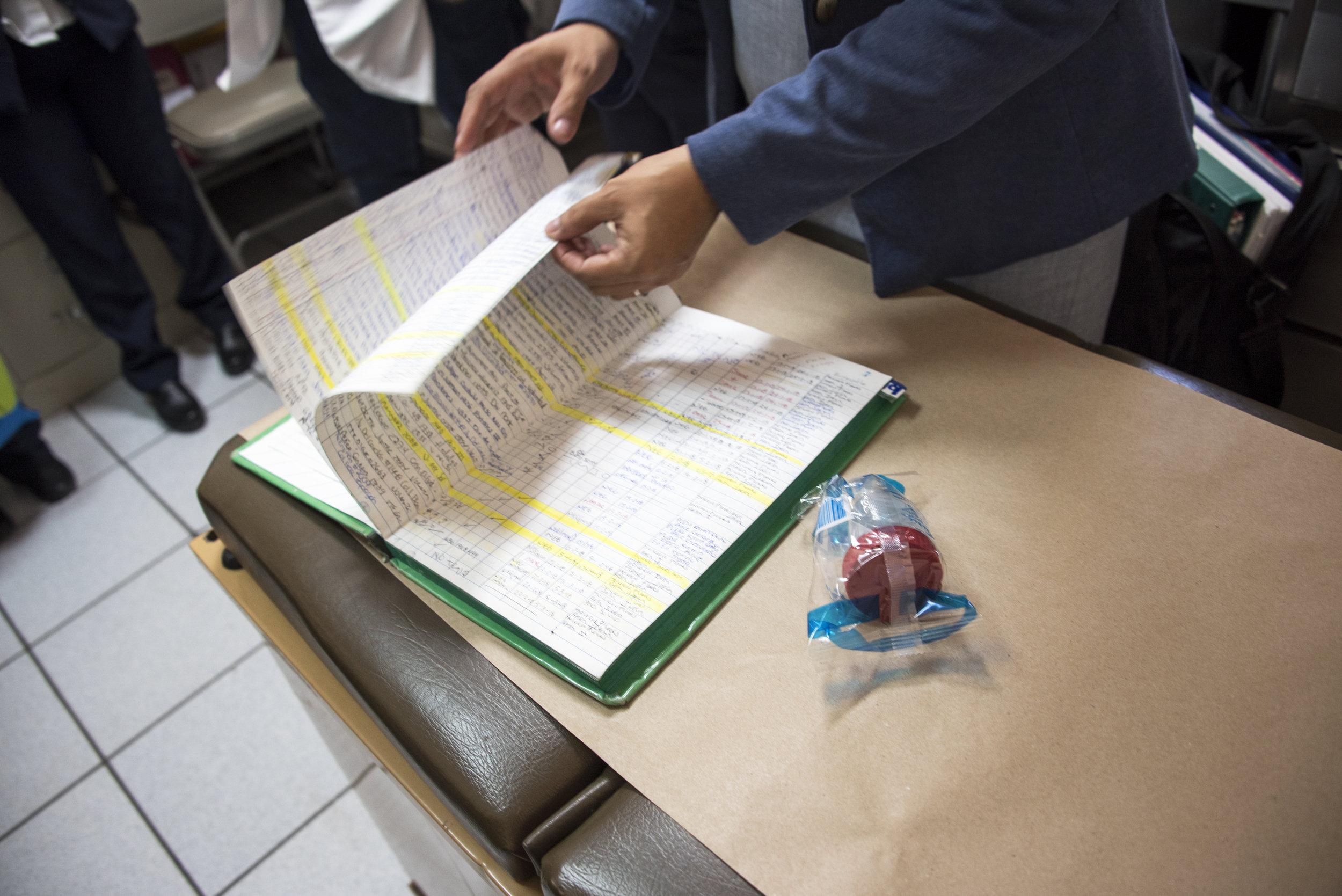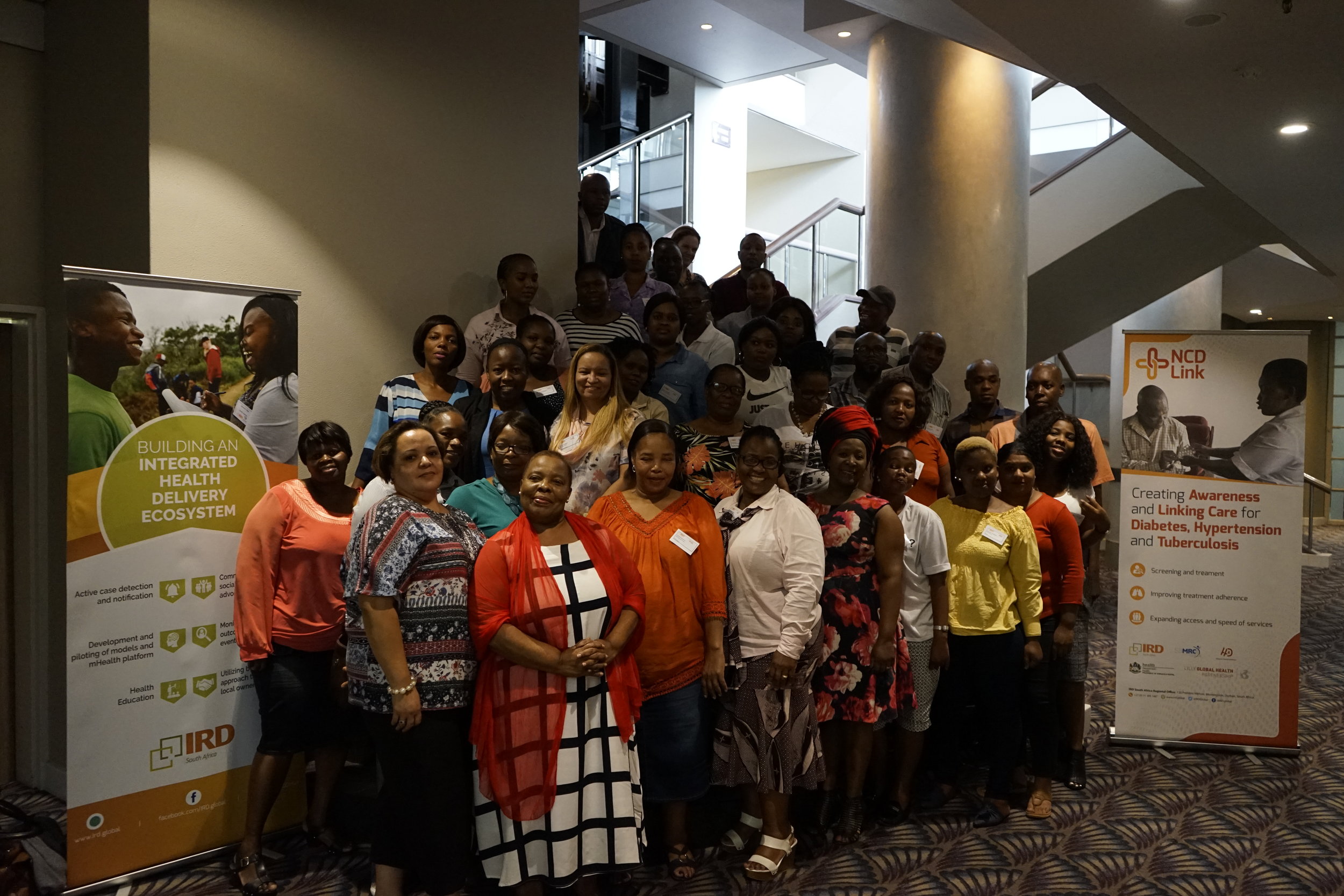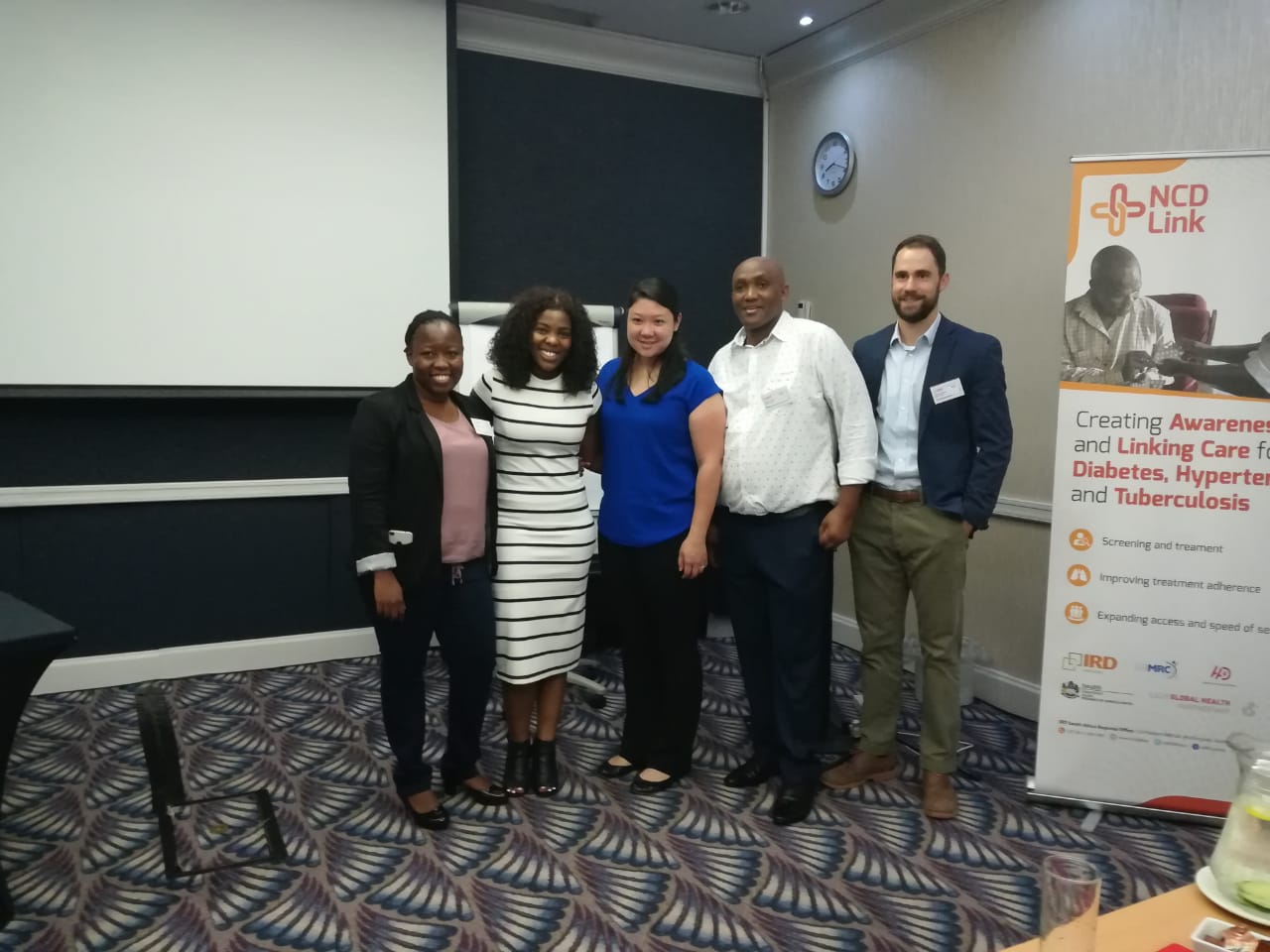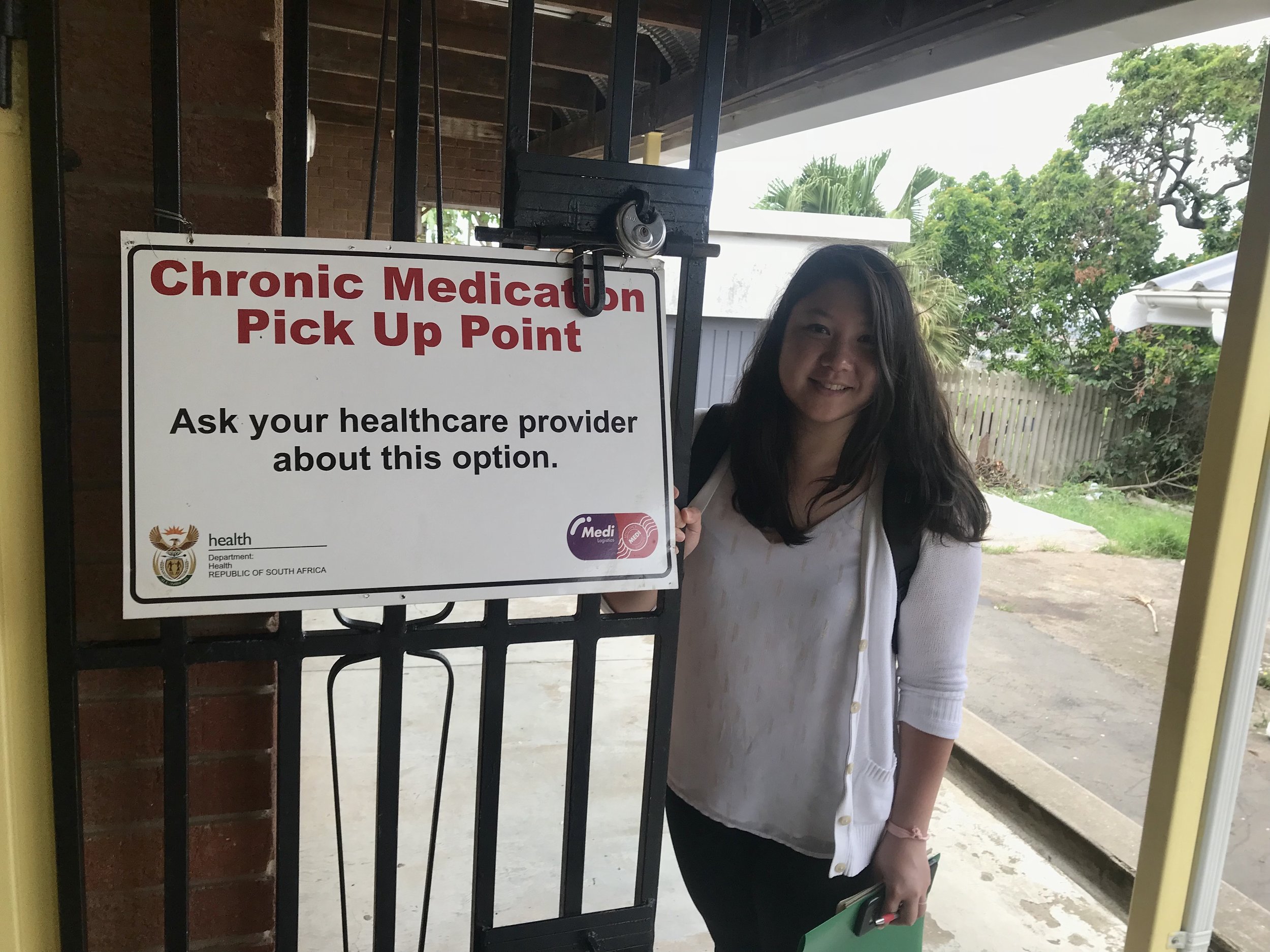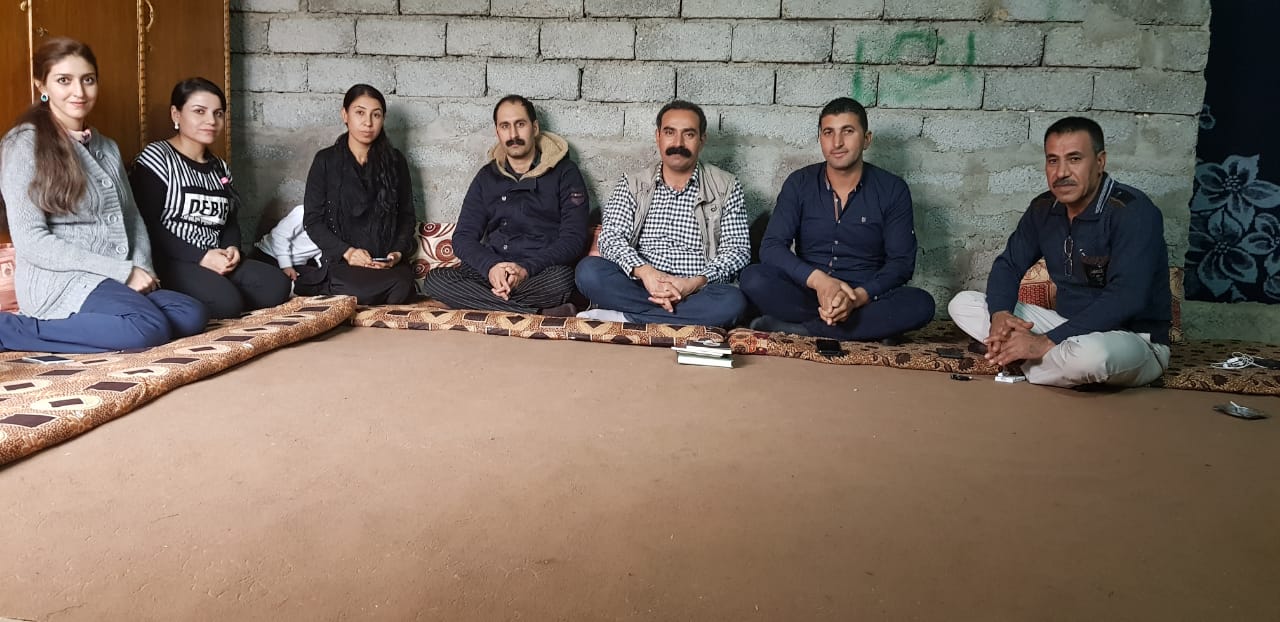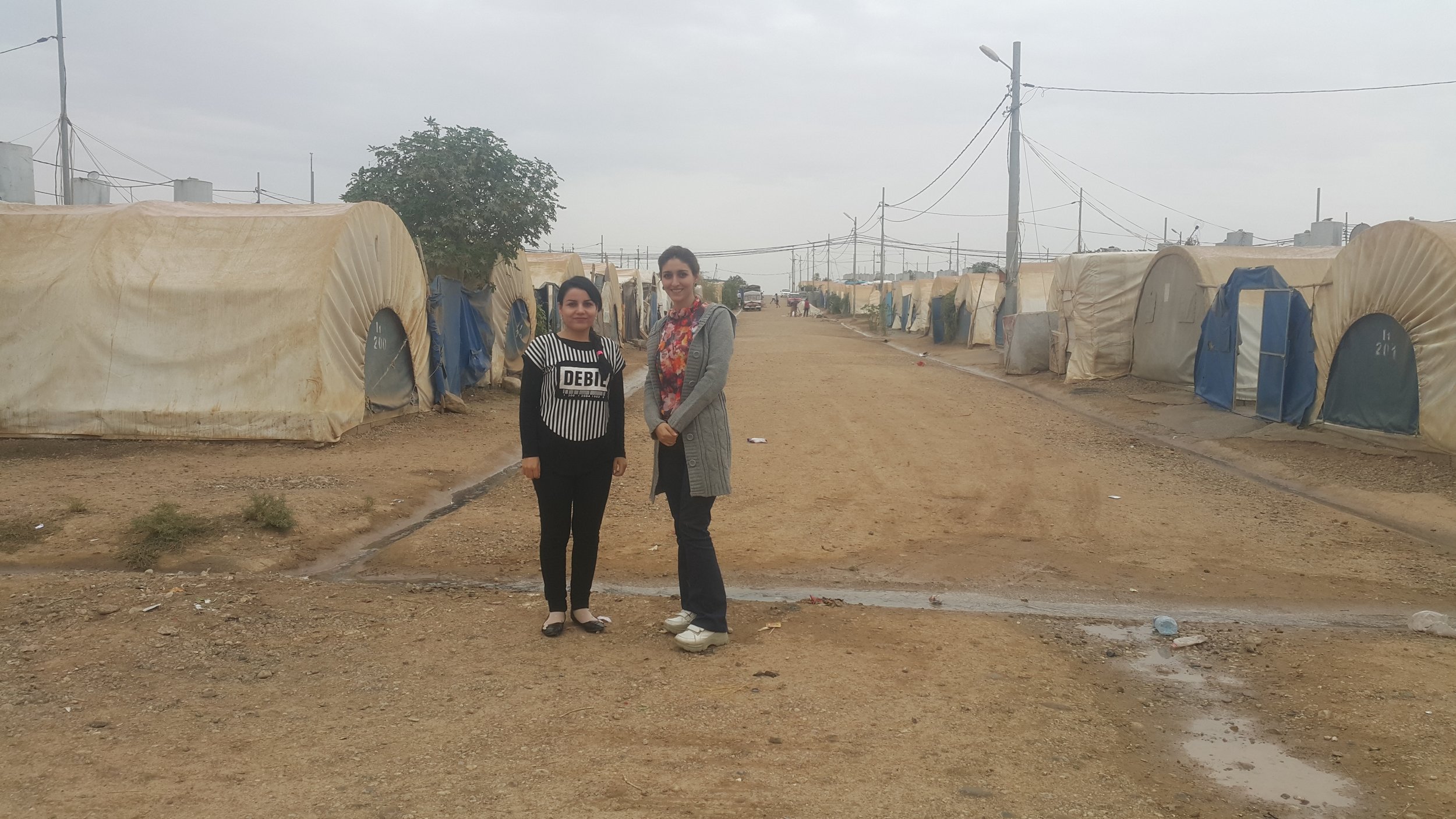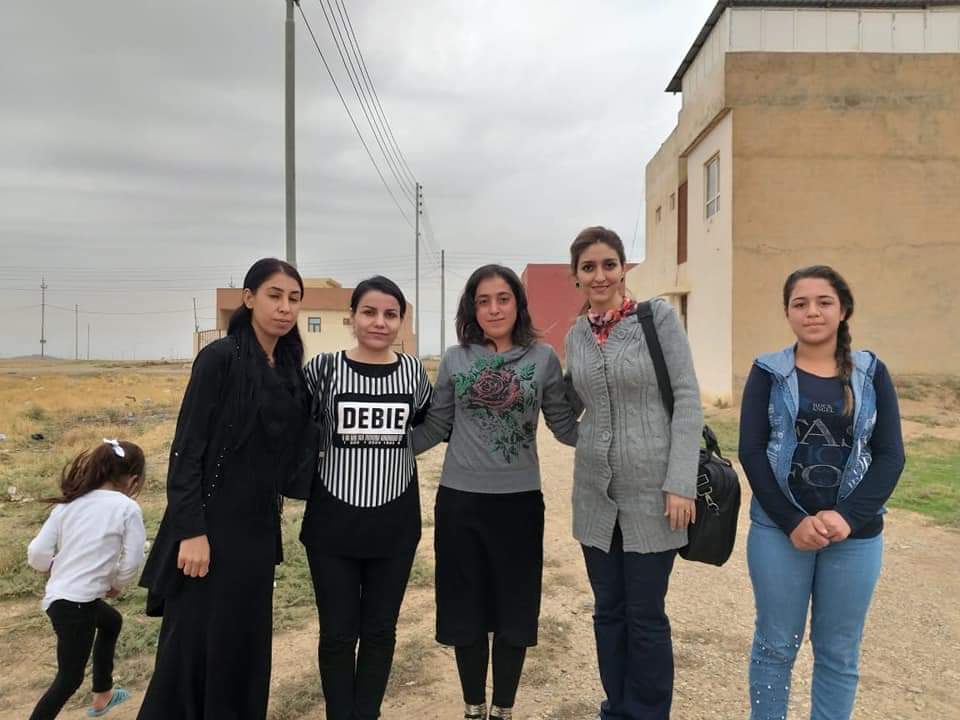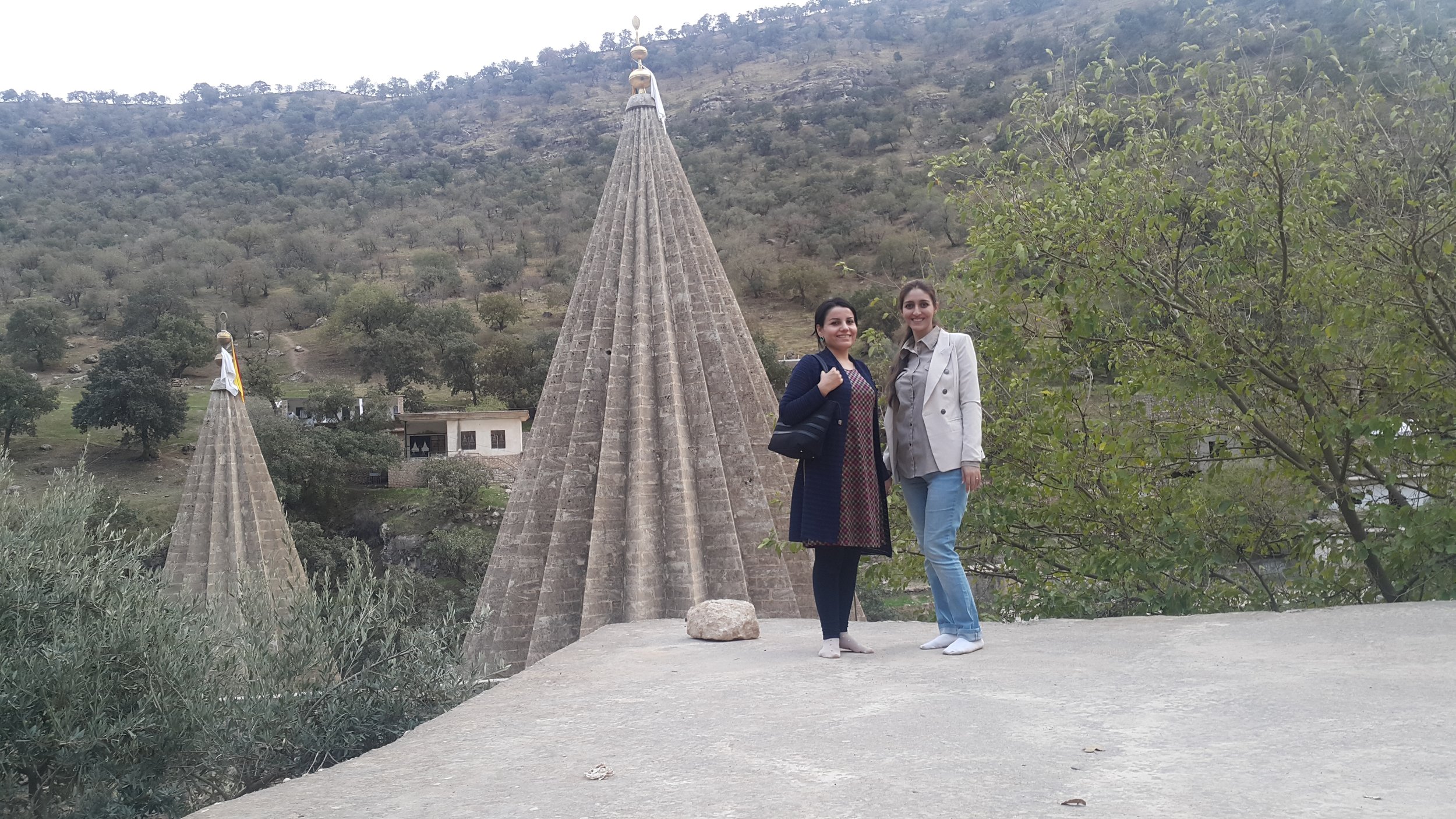With the enormous burden across the world of both infectious diseases and non-communicable diseases (NCDs), health delivery programs need to be flexible but purposeful to address the multiple health challenges faced by individuals and communities. Despite much rhetoric about health systems strengthening and integration of health care services from national, international, and local health delivery programs, the detailed considerations in terms of policy and practice for even one area of this inquiry are many and complex.
A newly published report titled “Toward comprehensive global health care delivery: Addressing the double threat of tuberculosis and diabetes” offers examples and supporting data of settings where comprehensive programs are providing, or could provide, successful solutions to combatting multiple diseases in a way that is focused on patient care, efficiency, and strategic harmonization. This report focuses on diabetes, probably the largest public health challenge of the next several decades, and how it intersects with tuberculosis, the leading infectious killer of adults in the world.
With support from the Lilly Foundation, AA&D led a team of health delivery experts, academic faculty, and graduate researchers from Duke University Sanford School of Public Policy, University of North Carolina Eshelman School of Pharmacy, Partners In Health Russia, Harvard T.H. Chan School of Public Health, and Harvard Medical School Department of Global Health & Social Medicine in the writing and preparation of this report.
The authors focused on TB and diabetes, two disease areas in the top ten killers globally, to illustrate how even in a single overlapping and crucial area of global health care, the need for service integration, community-based solutions, inter-departmental and interdisciplinary cooperation, and quality improvement are pervasive and interconnected. They argue that a comprehensive platform is urgently needed to address global health challenges in coordinated fashion, rather than in administrative, academic, and institutional isolation.
“This deadly synergy manifests in programs, health systems, and patients’ bodies in many dangerous and challenging ways,” noted Tom Nicholson, lead author of the analysis. “This report considers how a coordinated, patient-centered approach might function practically in several high burden countries in the immediate future. Tuberculosis and diabetes in these settings are often considered either too difficult or too expensive to deal with on a population level by health care authorities, but a glance at the near-term implications of inaction in institutional, financial, and mostly importantly human terms, shows that inaction is simply not an option.”
The hope is that reports such as this help strengthen responses in each of the countries profiled with high burdens of both diseases—specifically Peru, Russia, South Africa, and India. For example, contributing authors to the report attended the first national tuberculosis-diabetes conference “International Symposium on TB-DM comorbidity: challenges and opportunities” in Lima, Peru, in May. The event was organized by the Instituto de Medicina Tropical Alexander von Humboldt & CRONICAS from Universidad Peruana Cayetano Heredia, TANDEM, and the London School of Hygiene and Tropical Medicine, with the support from the World Diabetes Foundation. AA&D Specialist and Contributing author Dr. Kei Alegria-Flores noted that “the Symposium highlighted academic and practical presentations on how TB and DM intersect across institutional lines; it was a long-awaited platform to start moving the needle on meaningful health systems strengthening across diseases in Peru.”





